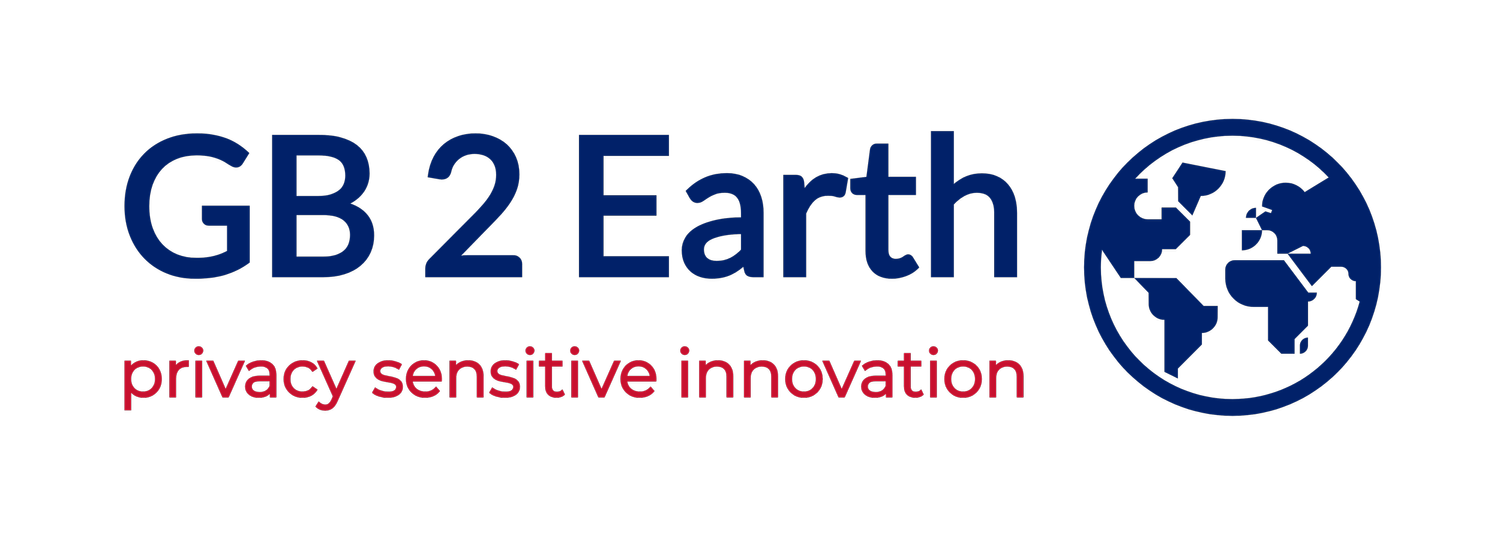Reducing waste in software development: practical guidance and examples …
… easily enabling human intuition in ANY software development by deepening our use of #privacysensitive tools during discovery stages
Useful links: gb2earth.com/truth/homepage | gb2earth.com/newlean
This online whitepaper is in three parts. The slides at the top of this introduction show how, a few years ago now, I proposed to make software development not only far more accurate but also, in hindsight, able to absorb the highest levels of human intuition, with zero change in the underlying processes required.
That is, low-cost innovation with maximum impact.
How?
By simply extending the discovery and interview stages, so as to enable a much more privacy-supportive set of spaces. These then serve to avoid the “group-think” that otherwise leads to inaccurate discovery datasets, and the commonly seen result of budget overruns as software development needs to be perpetually reworked.
A tangible example now follows in the fields of legal and of criminal justice.
Here, the focus will be on eliminating waste from both systems and related, using the above-mentioned discovery tools: that is, introducing, deepening and optimising the use of #humanintuition in software development, yet not needing to change the underlying processes themselves.
2. Legal + criminal justice
One process + two apps
Executive summary: one process, two apps, and three problems
This section of the GB 2 Earth “waste” page focusses on accuracy of data in two parts of the software development process, with the overarching aim here of eliminating waste in the legal and criminal justice systems:
one is a process, and related tech;
the second part delivers two apps to be produced using the process already mentioned.
The process is called #newlean, more details of which can be found here:
It ensures that #privacysensitive discovery interviews are conducted one-to-one, in order to establish more accurately the truth about workplace needs and so reduce drastically the need for software-code reworking.
The two apps alluded to above, in the sectors of law enforcement and counter-terrorism, would be both more cost-effective to produce and cheaper to maintain, where the new discovery methods described were rigorously implemented and used.



















































